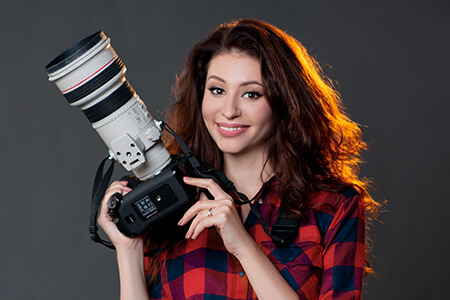
I’ve always been interested in photography, both its creative and technical sides. After earning my degree from New York University, I tried different careers that span photography, freelance retouching, and writing. For more than a decade, I have been working extensively with FixThePhoto.
The company offers a perfect environment for me to hone my skills as both a photographer and retoucher. Besides, I have a chance to collaborate on high-profile projects with the most talented people. I also appreciate the possibility of using advanced Adobe products on a day-to-day basis. I know how to blend artistry with technical proficiency to deliver results that wow clients.
Adobe’s suite of creative tools forms the backbone of my workflow. Actually, I am an ambassador of their products and visit AdobeMax every year.
Adobe Photoshop, in particular, holds a special place in my workflow. I first fell in love with the software years ago while restoring a set of old family photographs. It was so thrilling to bring faded memories back to life.
When it comes to photo editing and organization, Adobe Lightroom is indispensable. I once had to manage and edit thousands of photos from a month-long travel assignment. Lightroom was extremely helpful. Thanks to non-destructive editing tools, I could experiment freely. The cataloging features helped me find the perfect shot in seconds. Now, every time I work on large-scale projects like wedding collections or event photography, I use Lightroom.
Adobe Illustrator became my true discovery when I started designing logos for local businesses. I remember one project where a client wanted a logo that could scale from business cards to billboards. Illustrator’s vector capabilities were perfect for the task. Whether I need intricate custom illustrations for packaging or clean, modern branding, I can fully rely on this tool.
For video projects, Premiere Pro is a terrific tool. I vividly recall editing a behind-the-scenes video for a charity event on a tight deadline. Thanks to the intuitive interface and robust tools I was able to splice clips, add dynamic transitions, and perfectly sync background music.
Generally, Adobe’s Creative Cloud ecosystem makes it possible to handle multiple tasks efficiently. For instance, I can sync projects across devices, access shared libraries, and collaborate with clients or colleagues in real-time.